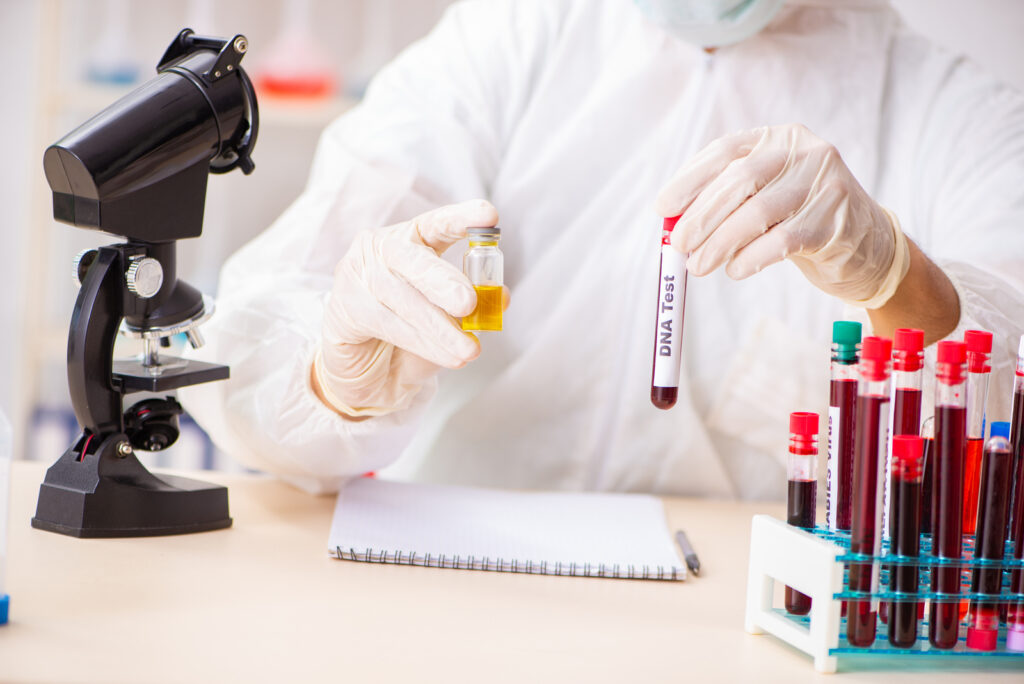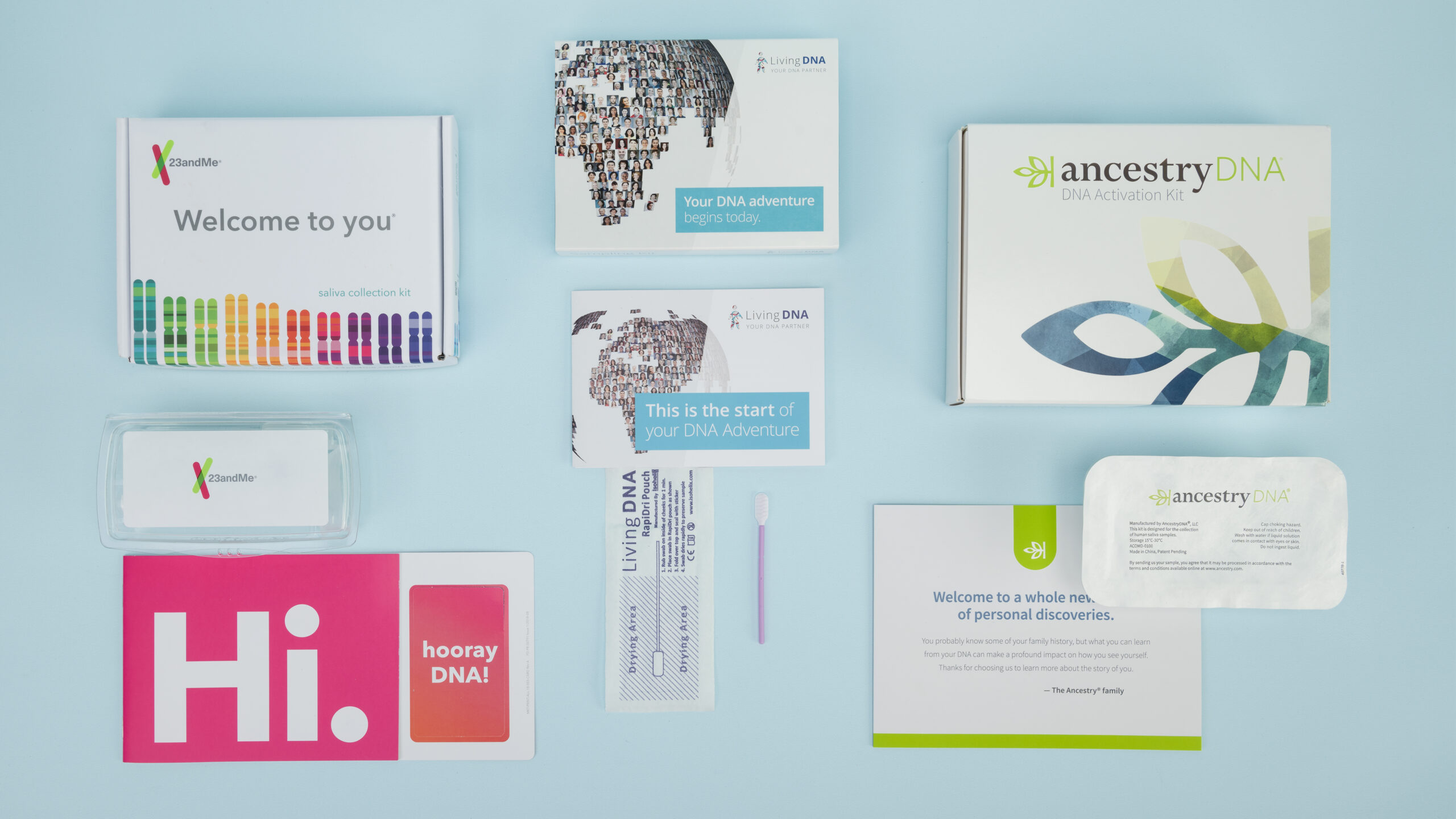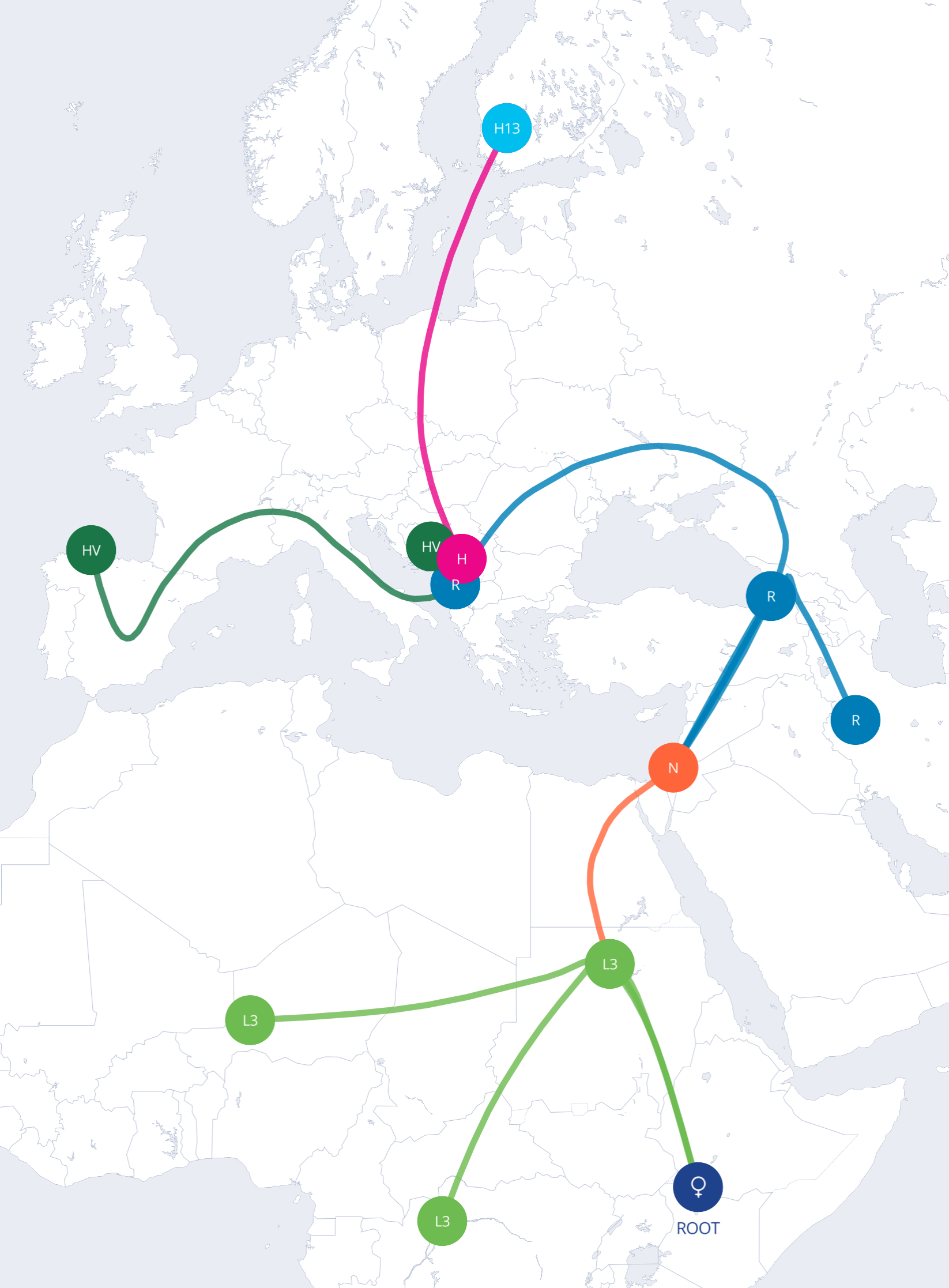In This Article
In This Article
DNA testing is a convenient and trustworthy way to understand your genetics. This can tell you a lot about yourself, from your ancestry to diseases you may be at risk for.
It can help you make necessary lifestyle changes while answering questions about your traits and origins. However, DNA tests can also potentially cause more anxiety because of the potential concerning results.

Your results can be inconclusive or reveal something you don’t want to know. It can also be expensive to follow up on.
Despite the cons, we’d say that, overall, it’s worth it if you have the budget and want to know more about yourself. If you want to decide for yourself, here are some of their pros and cons.
Clinical genetic testing done by health care providers differs from direct-to-consumer (DTC) tests. Many at-home DNA tests provide information on ancestry and traits. Some offer insights into inherited health conditions.
Genetic tests can analyze your genes to see which variants you have. They can reveal a lot about your appearance, behavior, and health.
Here are some benefits of DNA testing:
At-home genetic testing focuses on assessing risk for diseases you may have inherited or are at risk for. On the other hand, clinical DNA tests are often used to diagnose illness.
Knowing your risks and medical history can help you take a more proactive approach towards your health. Some of the most common diseases DNA tests can detect or prepare you for are:
If you’re unsure about what to do with your DNA results, you can talk to your healthcare provider or a genetic counselor. They can help you understand the conditions you’re at risk for, what genetic disorders you may have, and proceed with medical care if necessary.
Your genes influence how your body responds to medications. Pharmacogenetic testing allows healthcare professionals to select precise medication dosages.
For example, it can help determine the safest warfarin dose to prevent blood clots. It can also help identify antidepressants that will be most effective for you.
DNA tests can identify genetic mutations that you may have and could potentially pass on to your children. If you’re considering a sperm donor, an egg donor, or a surrogate, DNA testing can help you choose a good candidate.
However, “bad genes” shouldn’t stop you from having children. Being at risk for these conditions does not mean that these conditions will develop.
Remember that DNA tests can only reveal potential diseases you may develop. The best thing you can do is take your results to a genetic counselor to help minimize your risk of developing these conditions.
Genetic testing companies can dig deeper into your DNA and offer insights into traits you’ve inherited or didn’t know you had. It can even tell you where you inherited them, including the region and the groups of people you share DNA with.
DNA testing can also help you learn more about your heritage. By comparing your genes with people from around the world, it can help explore your ancestry and ethnic origins.
Your results will include regions and ethnicities with which you share most of your DNA (common ancestors). If you’re interested in diving deeper into your family tree and how your ancestors contributed to who you are today, DNA tests could be a great help.
You can use DNA tests to find lost family members and distant relatives. Some DNA testing companies also let you get in touch with them via their databases of users who have also taken the same test.
However, not all users will want to publicize their DNA information or results, so this isn’t always guaranteed.
Still, if you happen to find someone whose results overlap heavily with yours, it might be a cool new discovery and addition to your family tree.
Know Your DNA Reviews

Don't miss out on the opportunity to learn more about yourself. Read our best DNA test page to find the best one for you.
While genetic testing offers significant advantages, there are some limitations and drawbacks. One of its major drawbacks is encountering variants of unknown significance (VUS).
These genetic variants appear abnormal but lack clear evidence linking them to disease. Unfortunately, a substantial proportion of tests return with VUS, leaving many questions unanswered.
Additionally, negative results may create false reassurance and overlook genetic risks that weren't tested. Conversely, false-positive findings can prompt unnecessary worry or invasive medical procedures.
Other drawbacks include:
DNA tests can be stressful, especially if you receive some unsavory news. Your results may indicate an increased risk of genetic conditions and mental health diseases, causing feelings of helplessness or anxiety.
Some people also experience survivor's guilt if their family members face higher genetic risks than they do. This emotional toll underscores the importance of professional emotional support post-testing.
Learning about potential genetic disorders can also cause distress for your family members, especially if they’re not aware of certain conditions in your lineage.
DNA testing companies can keep your samples, information, and results after completing DNA analysis. This can put your data at risk in several ways:
For the most part, your information is safe with DNA testing companies. Many companies offer the option to delete your DNA data from their database and even destroy your sample if you’re concerned about security breaches.
Always read a company’s privacy policies before buying a test. Make sure they won’t share your data with third parties like health insurance companies without your consent. Of course, you can trust some companies more than others.
DNA companies can connect you to genetic matches or people with similar DNA. However, they leave it up to members to decide if they want to be found or contacted.
This can limit your results to people who agreed to the DNA matching services. Even if you do find a match, they can stop contact before you can confirm a match.
Whatever the case, it’s important that you respect the privacy of your matches. Many people online know there are potential risks to having their information available online, so they may just want to be cautious.
The accuracy of a DNA test can also vary for each person. For example, someone with European ancestry can get accurate results from a company with a European reference group.
Meanwhile, a person of Asian descent can’t expect the same accuracy from a company with very few Asian members. In fact, only a few DNA testing companies focus on minority ethnic groups.
DNA tests are a great way to learn about your family history, traits, and potential genetic conditions. However, it’s a deeply personal decision.
Getting a DNA test should align with your health priorities, emotional readiness, and privacy expectations. Here are some things to consider before getting a DNA test:
DNA tests can vary in price. Some offer affordable options for less than $100, but the most common range for comprehensive tests can cost more than $2000. The cost depends on various factors like the type of test you take, what it covers, and which company it’s from.
Interpreting your DNA test results is best done by an expert. Talk to your healthcare provider, doctor, or genetic counselor for the best interpretations of your DNA test results.
Many DNA testing services make their reports as digestible as possible for the average person. However, it can still be easy to take everything reported at face value and jump to conclusions.
Know Your DNA Reviews

Looking for a DNA test that's accurate and can tell you about your health and heritage?
